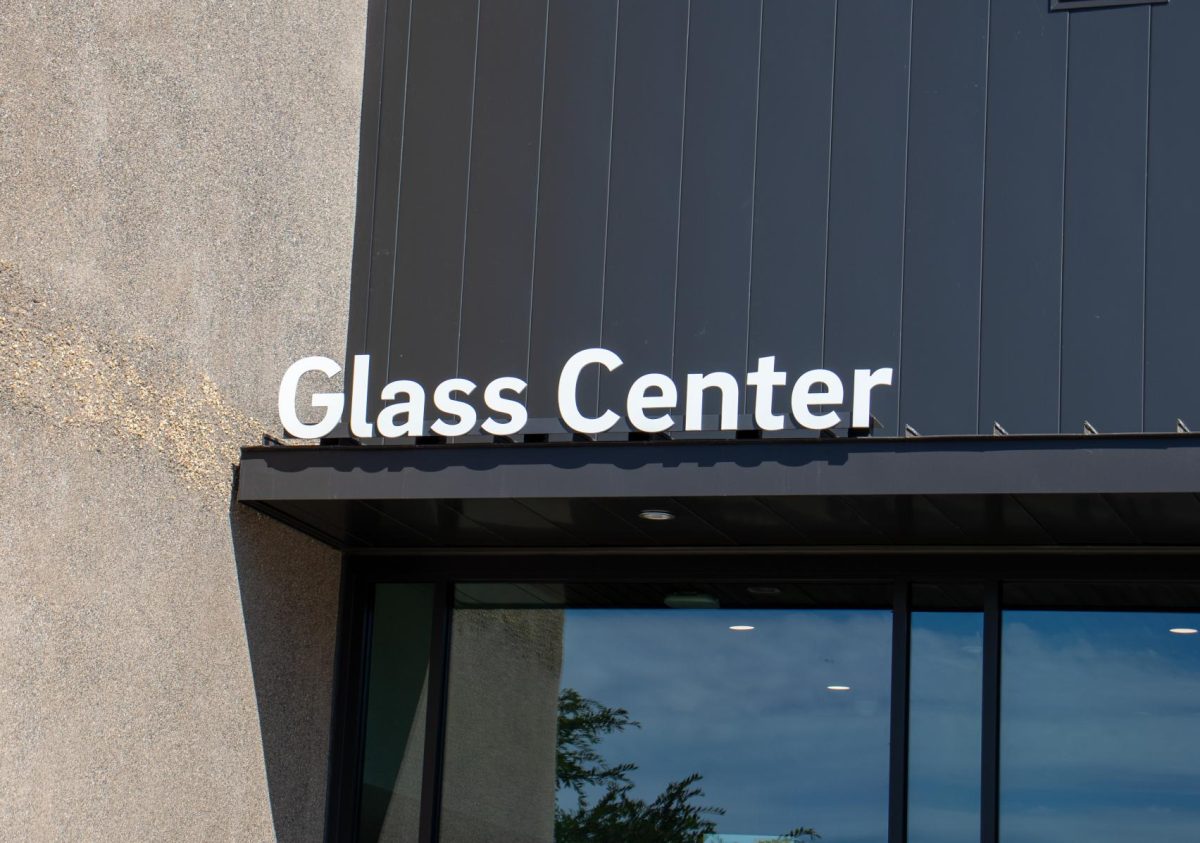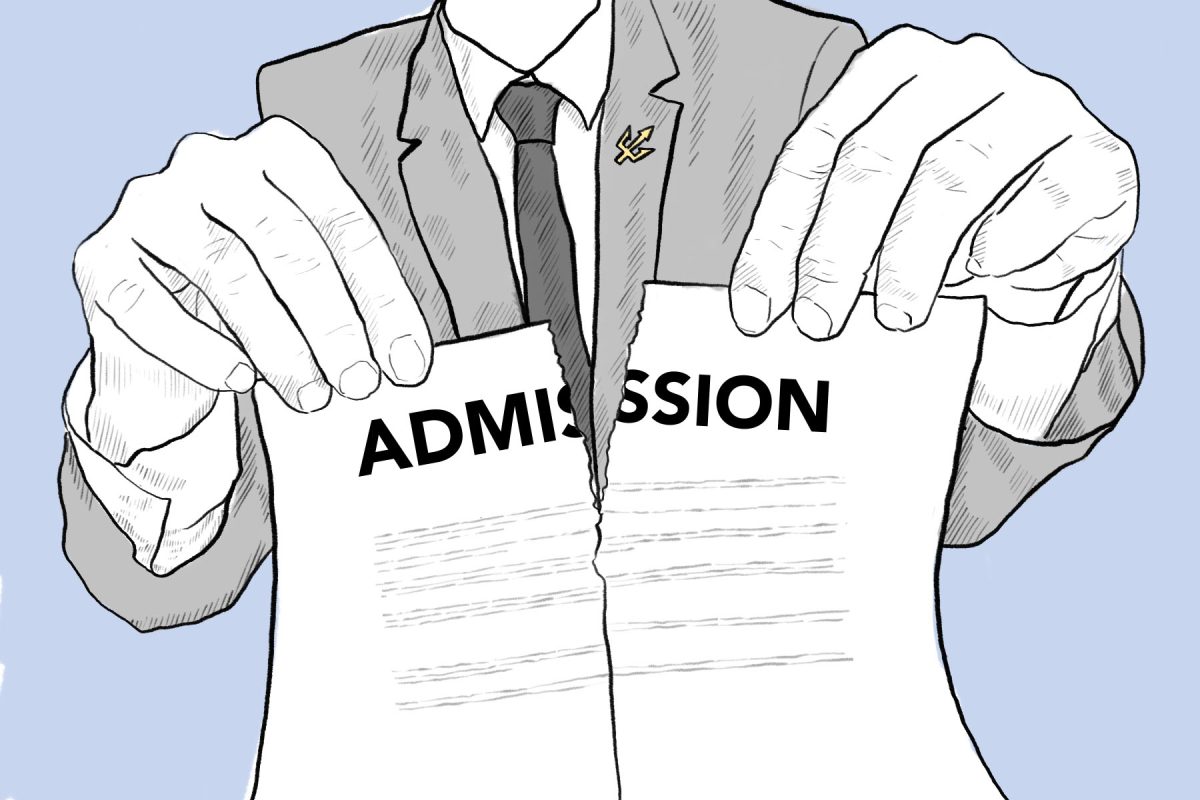
For most of us, college is a time of finding our identity.
While checking a box next to a preferred choice out of a long list of majors available at UCSD may or may not have seemed definitive at the time of filling out college applications, it has, in fact, taken a large part in shaping each person’s collegiate identity. If it hadn’t, then the answer to every icebreaker initiated in class, in student organization general body meetings and even at parties wouldn’t begin with the same statement: “Hi, my name is … and my major is …” It’s clearly one of the attributes that UCSD students consider and identify themselves with most frequently, but does it need to be the only one?
In case the thought of a campus where the only quality that mattered about you was your major sounded repulsively dull — or, perhaps, needlessly rigid — rest assured that you are not bearing this thought alone. For Whitney Zhu, founder of the Identity Project, the realization that her major alone was insufficient to completely describe her came in the middle of her fourth year at UCSD.
“I felt like you choose your major, and that major becomes you,” Zhu recalled. “Or you always have a label: Either you’re a scientist or an artist or you do this or you do that, but oftentimes you’re more than that. Identity shouldn’t be about only those things.”
Like many students, Zhu was heavily dedicated to extracurricular activities — namely dance —that she felt contributed to her overall identity as much as her academics. While classes provided innumerable opportunities to express herself academically, the chance for Zhu to indulge in her creative passion to the same degree seemed to lay far and in between. Dance practices helped as an outlet, but Zhu took issue that the dance community, although fit with friendly and enthusiastic individuals, lacked a platform to promote intermixing between groups and getting to know one another.
“For different dance teams, we knew they existed, but we didn’t really see them or know who their members were,” Zhu, a member of the female hip-hop crew 4N01, said. “We wanted to host an event for the dance community to actually get together and get to know each other.”
What our campus needed, and seemed to lack, was a shared platform for artists and performers to celebrate the diverse facets of their individual talents and build a closer community together. To answer that need, Zhu created the Identity Project.
The Identity Project, although born from within the UCSD dance community, has since branched off to take all artists under its wing. The ultimate goal, as Zhu puts it, is to “change or touch peoples’ lives through the medium of entertainment.” In their first year alone, the group has already brought a wide variety of events to life on campus, from mini festivals to a “Free Hugs” campaign on Library Walk.
A major focus of their organization, however, is the arrangement of multiple student performance showcases held throughout the year. Members of the Identity Project, who welcomingly include just about anyone who shoots them an email declaring interest, work for months fiddling with budgets, scheduling performers and implementing marketing plans to hold these events for the thrill of both student performers and audience members alike.
Their next showcase, which will be hitting the Mandeville Auditorium this upcoming Wednesday, Jan. 28 at 6 p.m., is their sequel to a similar event held last year in Price Center Plaza called Art Counts. Several UCSD-bred dance teams and musical acts are scheduled to take the stage as well as popular YouTube star JR Aquino.
“We want to have [a] platform for people to perform and to bring different creative individuals out and give them an opportunity, an atmosphere and an environment within which they can connect with different people,” Zhu said.
Diverging from the first rendition of the event, this year’s Art Counts will encompass the theme “Breaking Free.” Zhu expects this theme to add another layer of dimension to the event by reminding both performers and attendees alike to leave behind anything restraining them from actively pursuing their dreams.
“Oftentimes, the biggest person who holds us back is ourselves,” Zhu said. “So it’s like ‘Breaking Free’ from ourselves as well as from the standards other people set for us.”
After Art Counts, the Identity Project’s next goal is bringing back the Dream Festival. Last year the festival looked like a “mini Sun God” with 18 performers, 15 vendors and over 1,000 attendees. Although funding seems to be a force working against it this year, Zhu expressed that the Identity Project will try to do what it can to pull another festival together.
As for those with the ambition to start the next big movement on UCSD’s campus, Zhu had a few words of advice gathered from the upbringing of the Identity Project.
“If you want to start something, you have to get used to being uncomfortable,” Zhu said. “Uncomfortable asking people for help … or trying to make new friends that can help you. There’s a lot of rejection that’s involved. You don’t have to be completely OK with it, but you need to get used to the idea of people say ‘no’ and you’ll be forced to go out of your comfort zone. Don’t let ‘no’ be your final answer; that’s a big part of it.”












